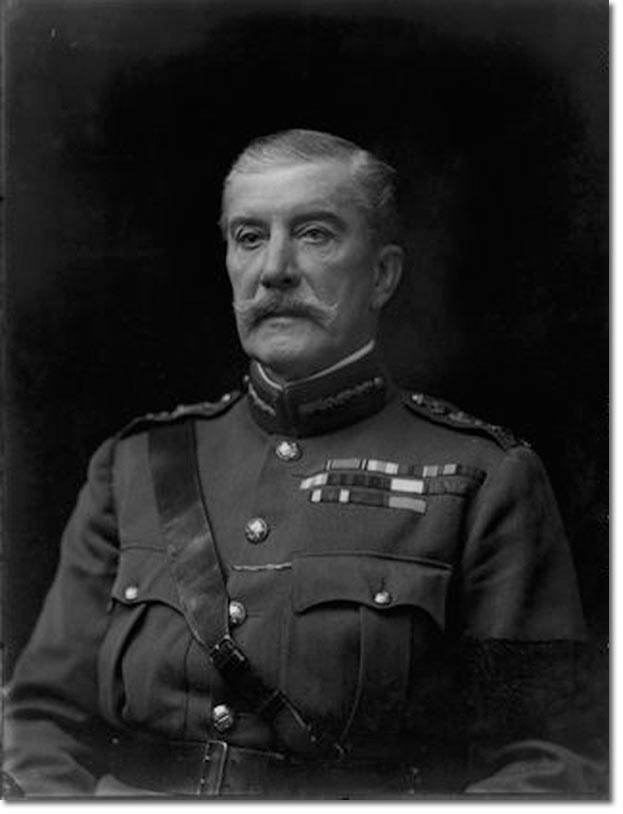|
|


|
|
Paget was born on 1st Mar 1851, the son of Lord Alfred Paget and Cecilia Wyndham. On July 1878, he married the American heiress Mary "Minnie" Stevens (1853-1919) (daughter of the fabulously wealthy Massachusetts hotel proprietors Paran Stevens and Marietta Reed Stevens), who became a noted society hostess, famed for her jewels and expensive costumes. They had one daughter, Louise, who married her distant cousin, the diplomat Ralph Paget; and three sons, Albert, Arthur and Reginald, who all became army officers. During the 1870s Paget was a leading owner of steeplechasers. Until 1878 he used the nom de plume 'Mr Fitzroy'. Under this pseudonym, Paget wrote several novels in the Naturalist style, recounting his exploits in the military.
Paget was commissioned into the Scots Guards in 1869. He took part in the Ashanti War in West Africa in 1873 and then served in Sudan and Burma. During the Anglo-Boer War Colonel Paget temporarily took command of 1st (Guards) Brigade in Lord Methuen's 1st Division after the Battle of Modder River, and then as a Major-General formed and commanded a new 20th Brigade in the same division during Lord Roberts' advance through the Transvaal. Later he commanded an independent column. Paget wrote to French praising his leadership in South Africa, and claiming that respect for him had been his reason for remaining in the Army. He was appointed GOC 1st Infantry Division within 1st Army Corps in 1902 and then became GOC for Eastern Command in 1908. During 1909 he seldom visited his office, preferring "other activities". In 1911, when he "commanded" one of the forces on the Annual Manoeuvres, he did not actually attend, and his BGGS (Brigadier-General, chief of Staff) Aylmer Haldane had to brief him on the train from London to Salisbury so that he could participate in the discussion afterwards. In 1911 he moved on to be Commander-in-Chief, Ireland, where Lady Paget became a society hostess. The famous Curragh Incident was brought about mostly by Paget's hot-headedness. This was when Irish Home Rule was about to become law in 1914 and trouble was expected from the Ulster Volunteers. Paget, whilst planning to invade the six counties of the north, unnecessarily provoked army officers with Ulster connections causing a good deal of trouble. The writer Violet Bonham-Carter described him as 'a stupid, arrogant, quick-tempered man' and Harold Nicholson wrote that 'he was not a man of measured language or meek act'. Paget relinquished Irish Command on the outbreak of World War I. He continued to serve during the war, although not in France. Edmonds later claimed that Paget had been the best candidate to command III Corps in September 1914 (it went to Pulteney) but that French passed him over having had a row with him on manoeuvres in 1913. However, French tried to obtain an Army command for him in June 1915 (Richard Holmes writes that French remained fond of him but insisted on his suitability despite "impressive evidence to the contrary"). From April 1916 to February 1918 he commanded Southern Army charged with the defence of South-East England while French, having been replaced in France by Haig, was Commander-in-Chief of Home Forces. Sir Arthur Paget was Colonel of the Buffs from 6 Nov 1914 until his death. He retired from the army in 1918 and died on 8 Dec 1928. |
Armed Forces | Art and Culture | Articles | Biographies | Colonies | Discussion | Glossary | Home | Library | Links | Map Room | Sources and Media | Science and Technology | Search | Student Zone | Timelines | TV & Film | Wargames